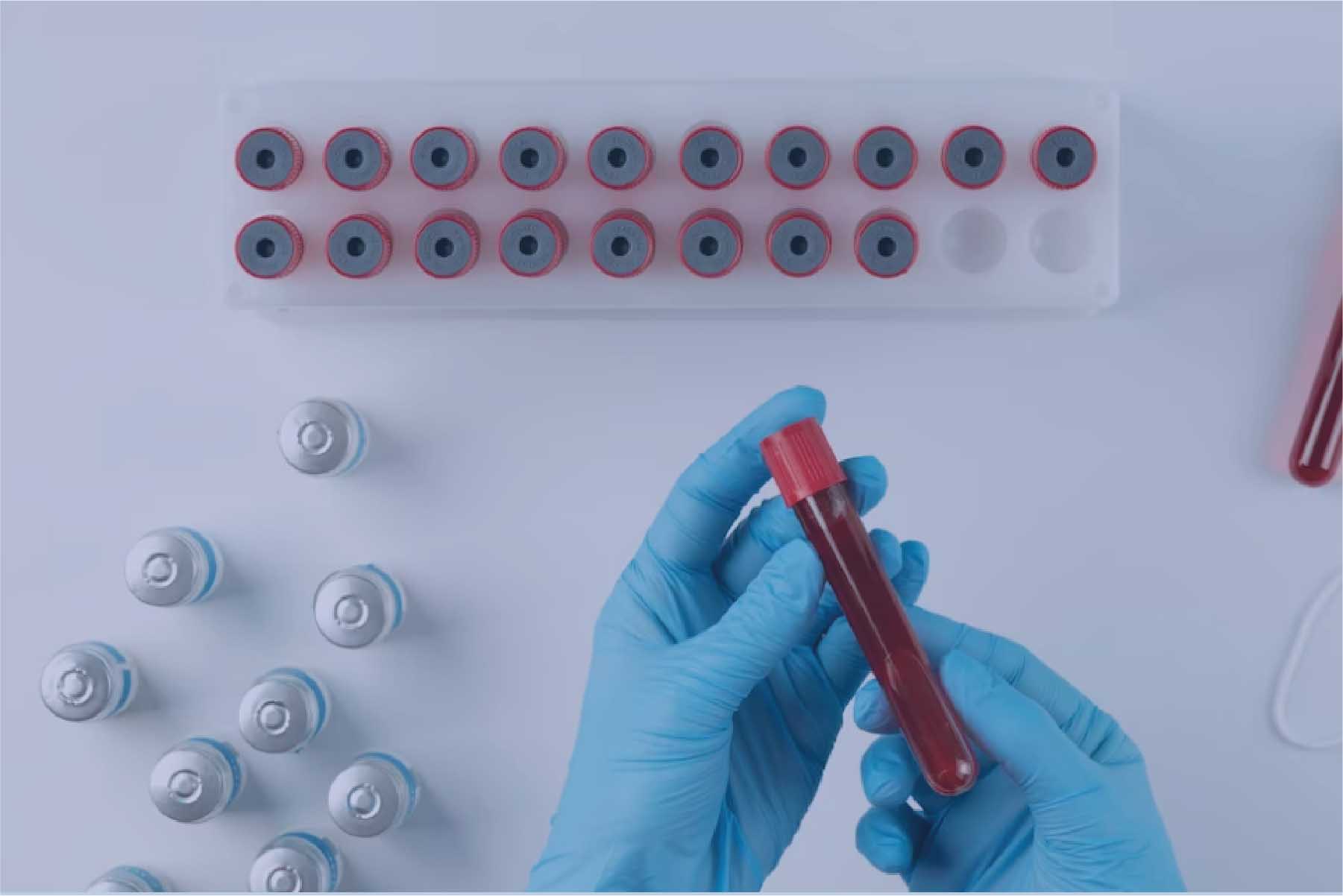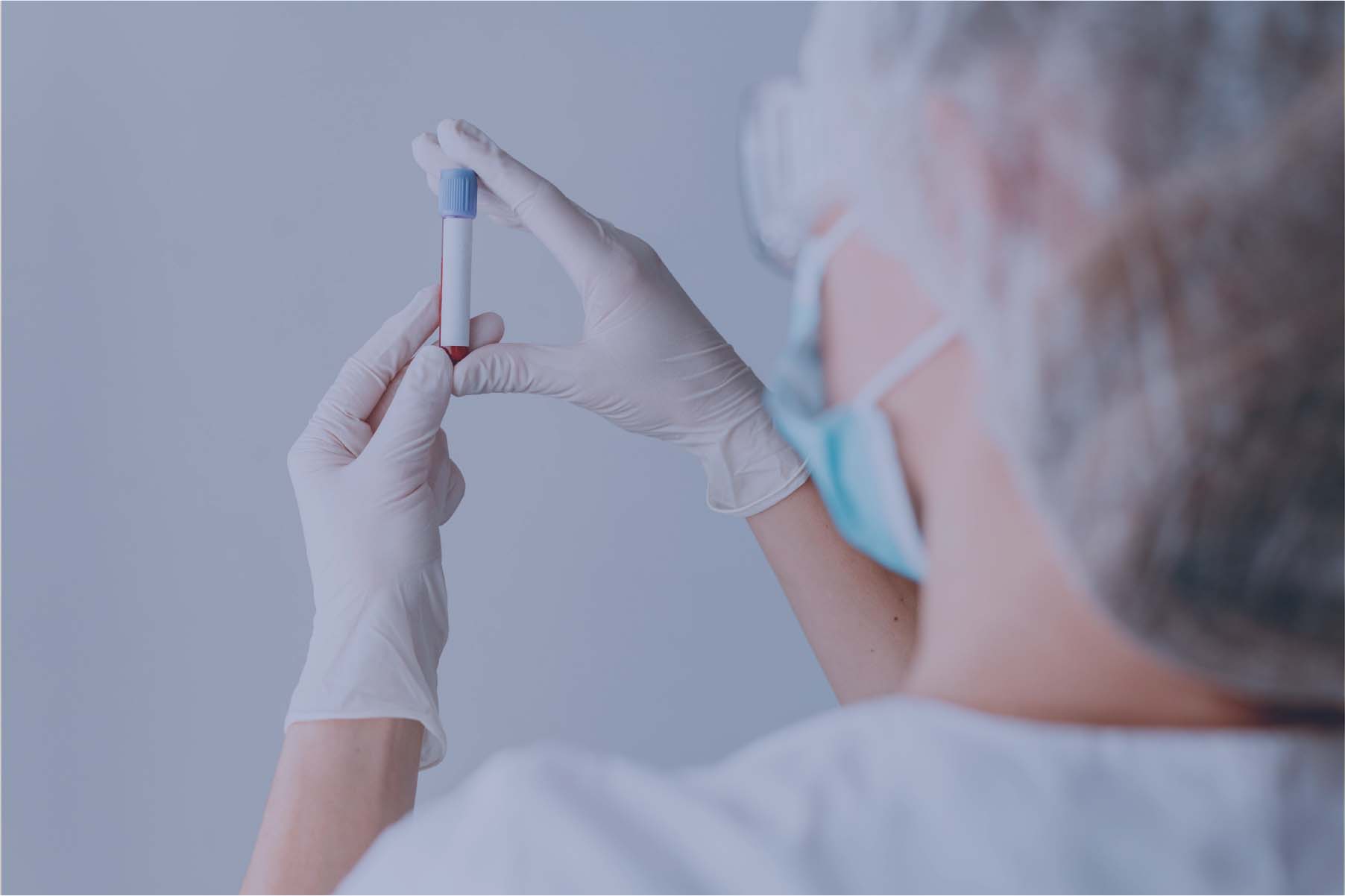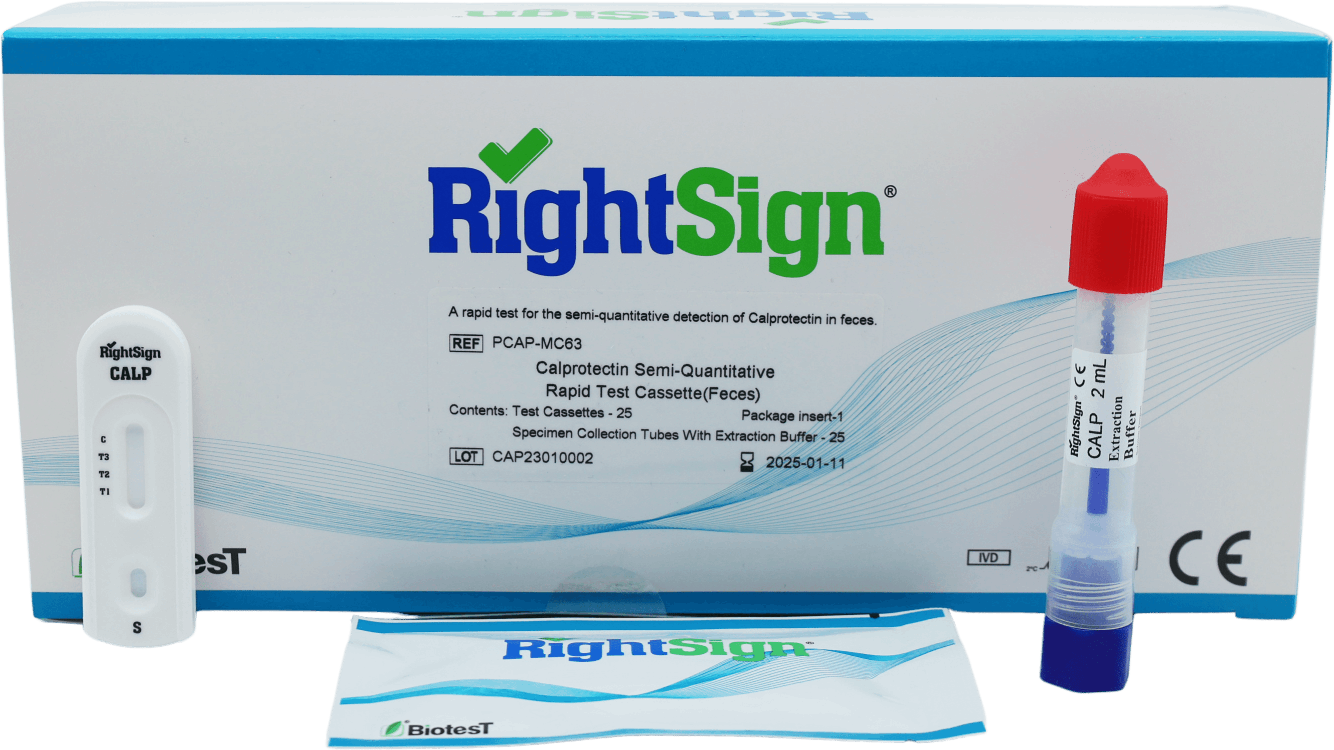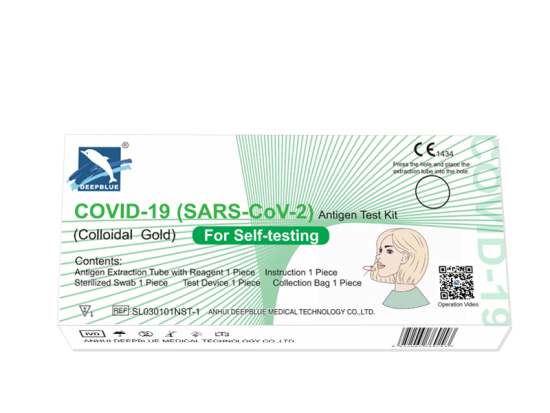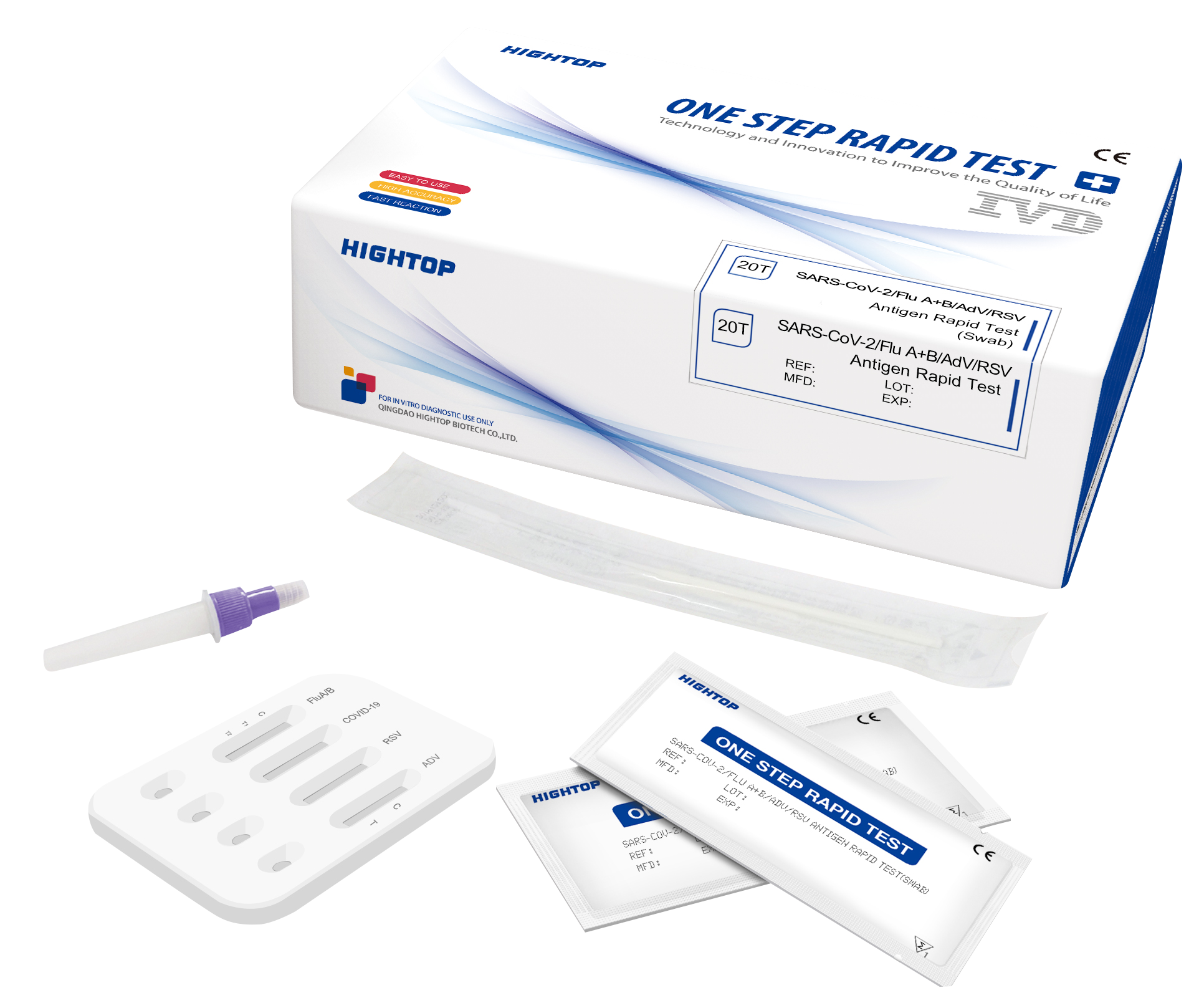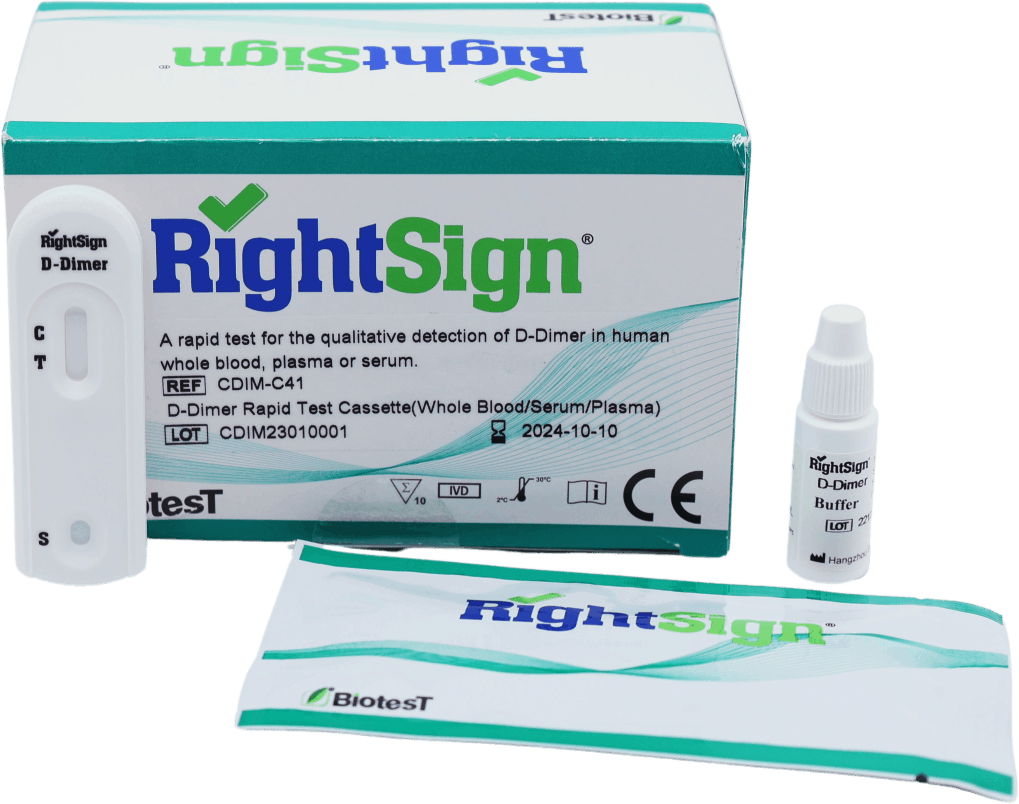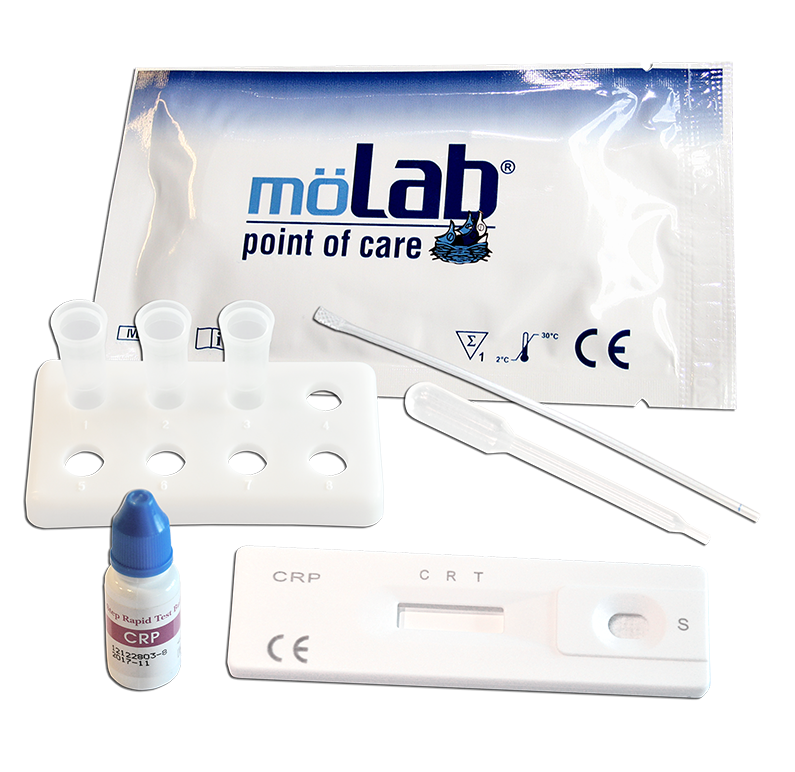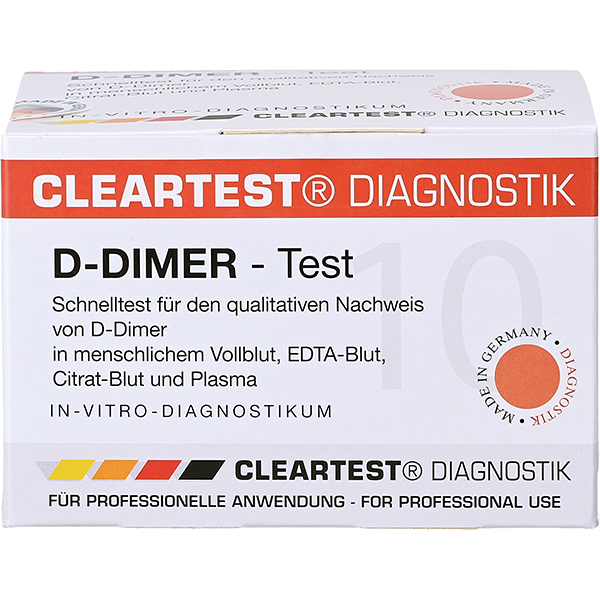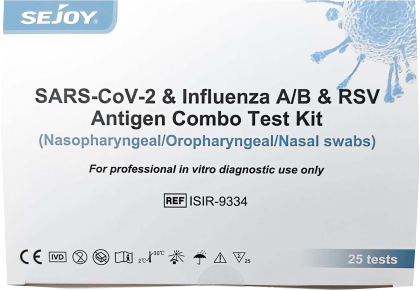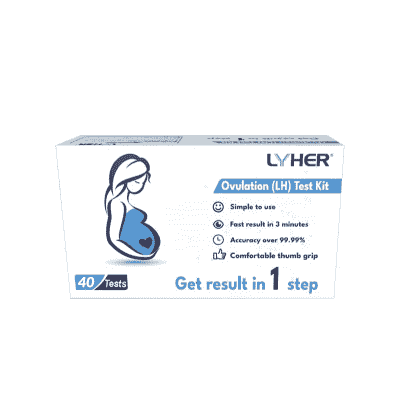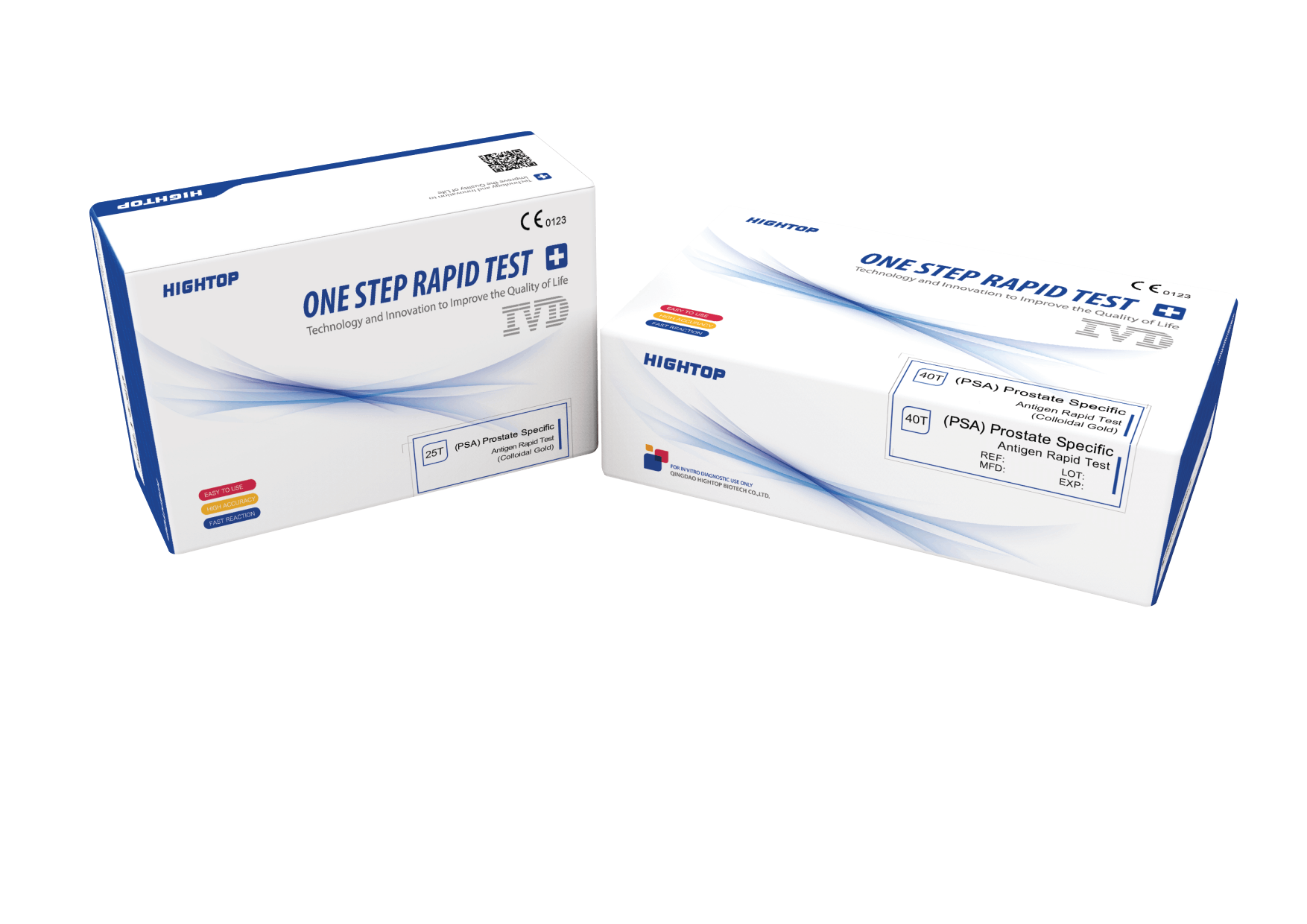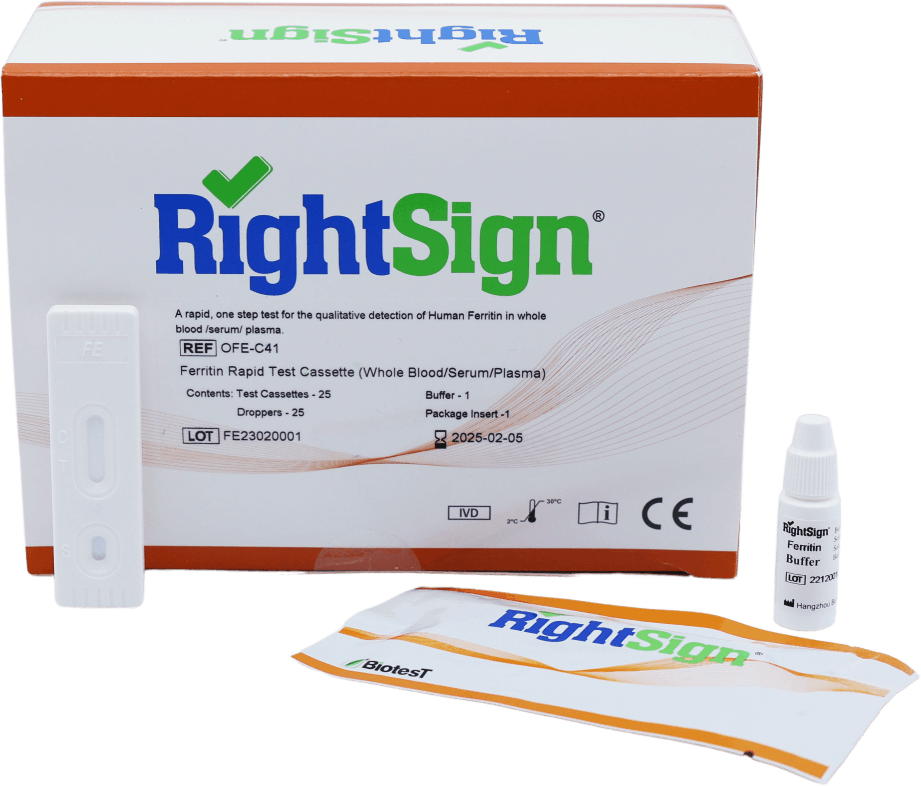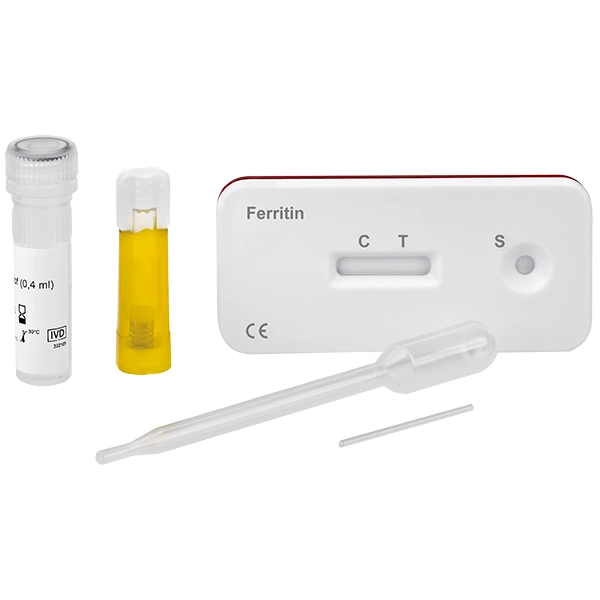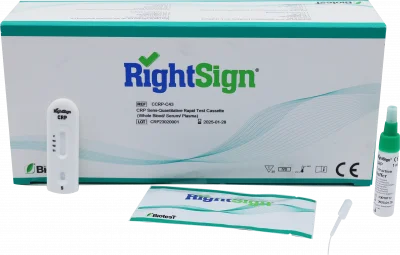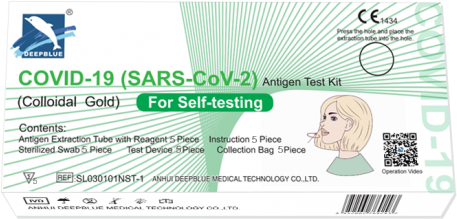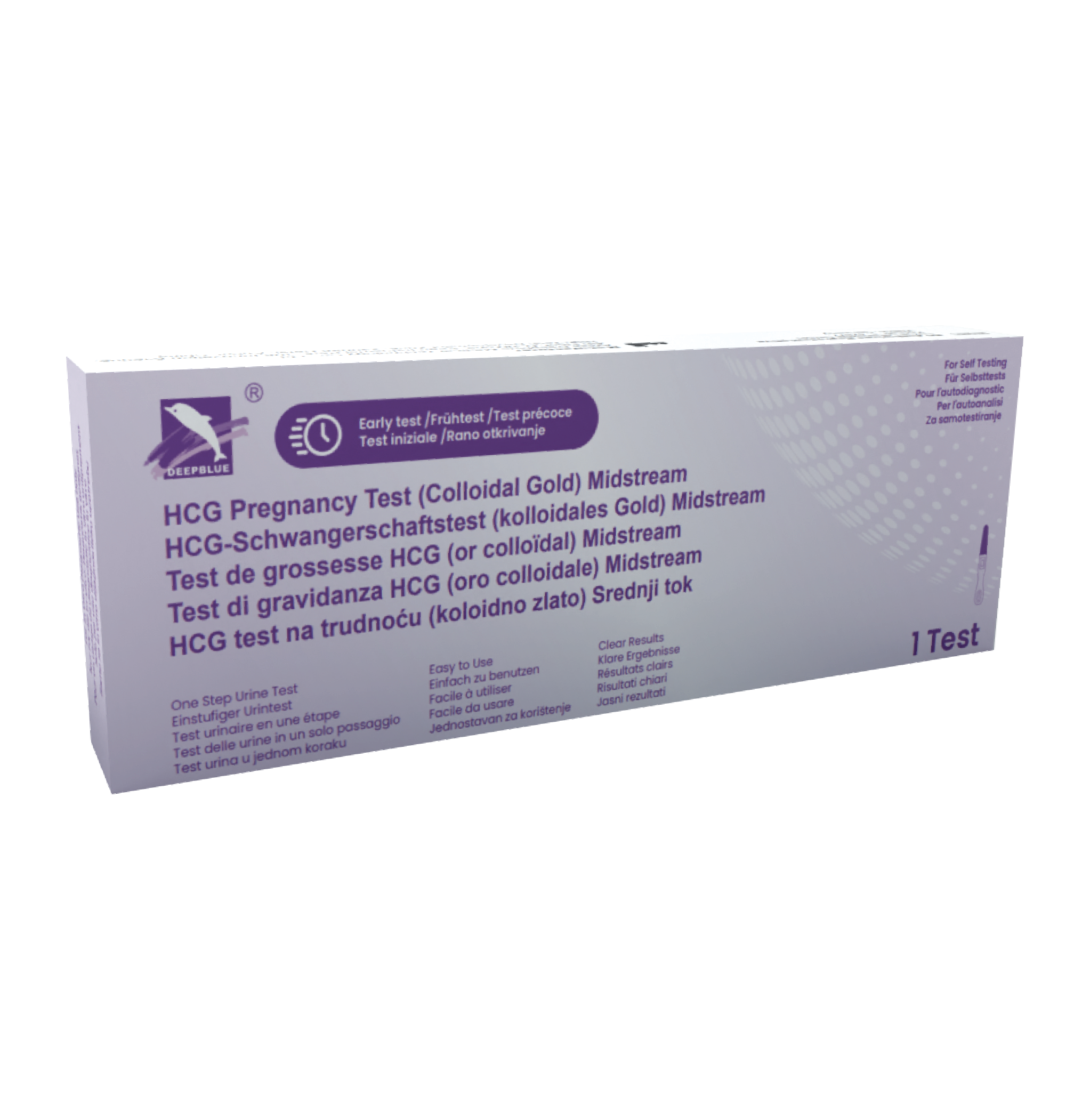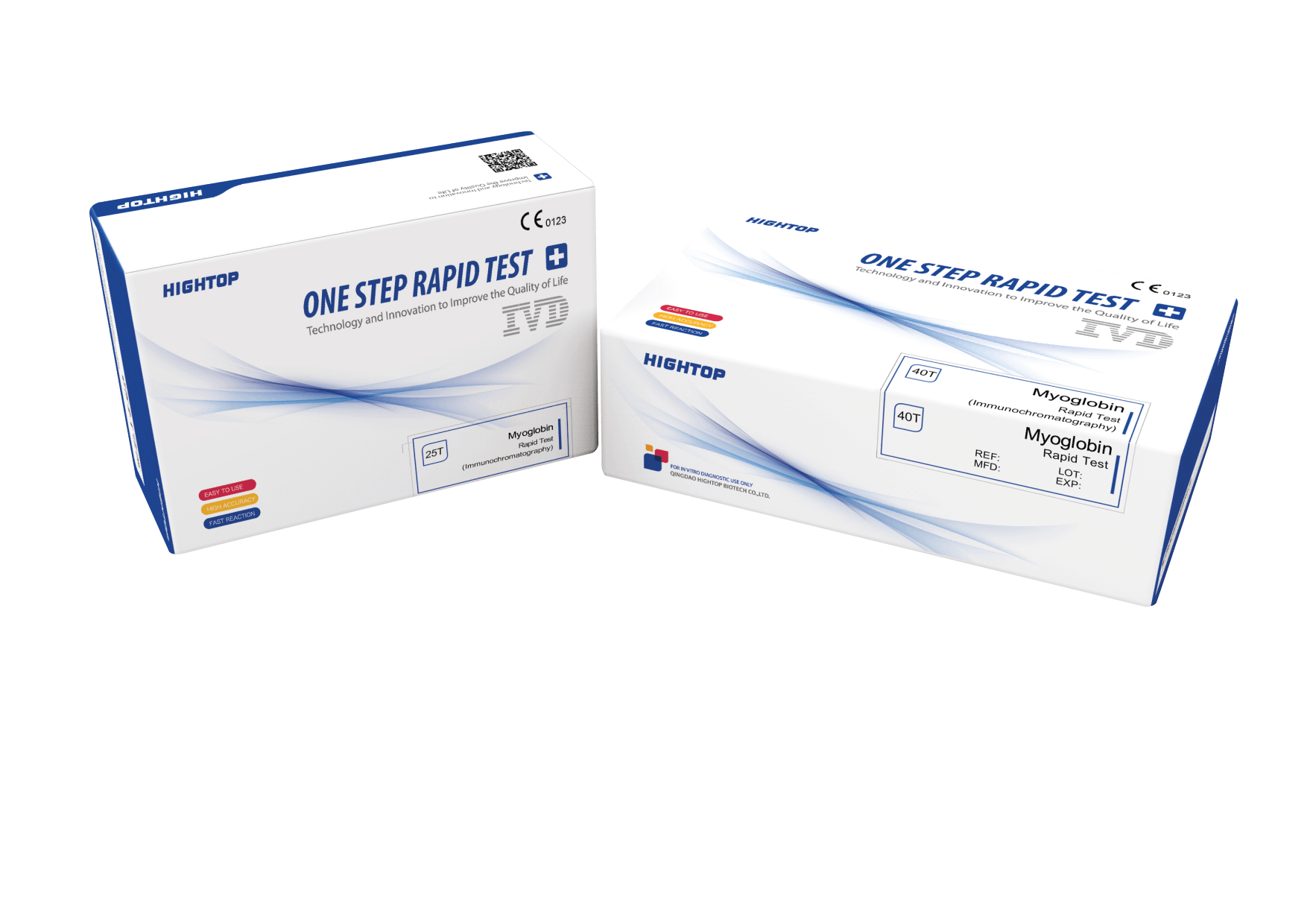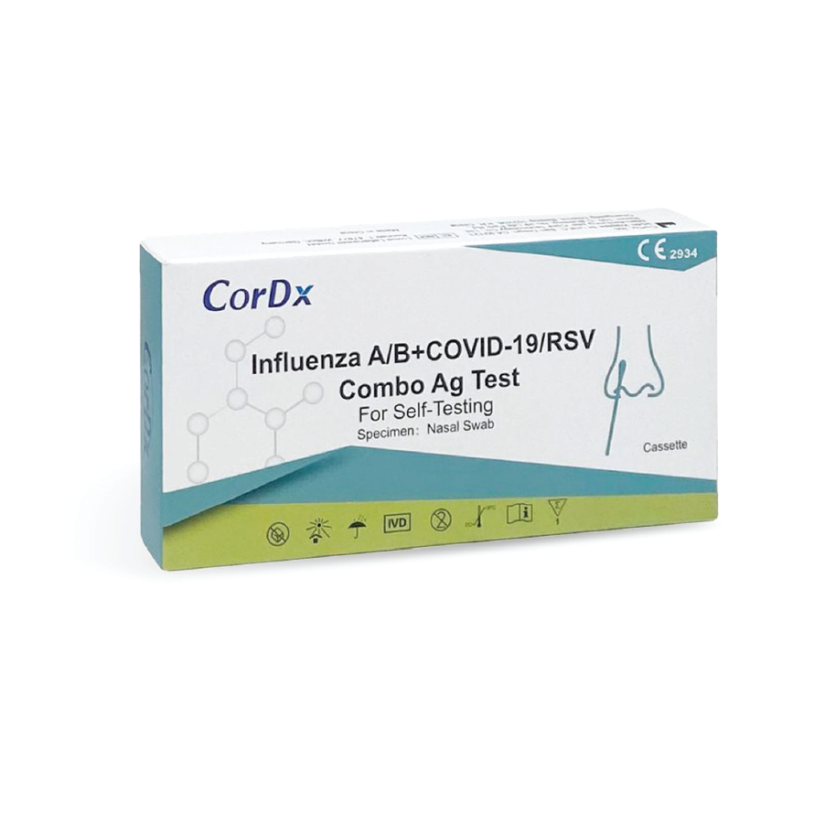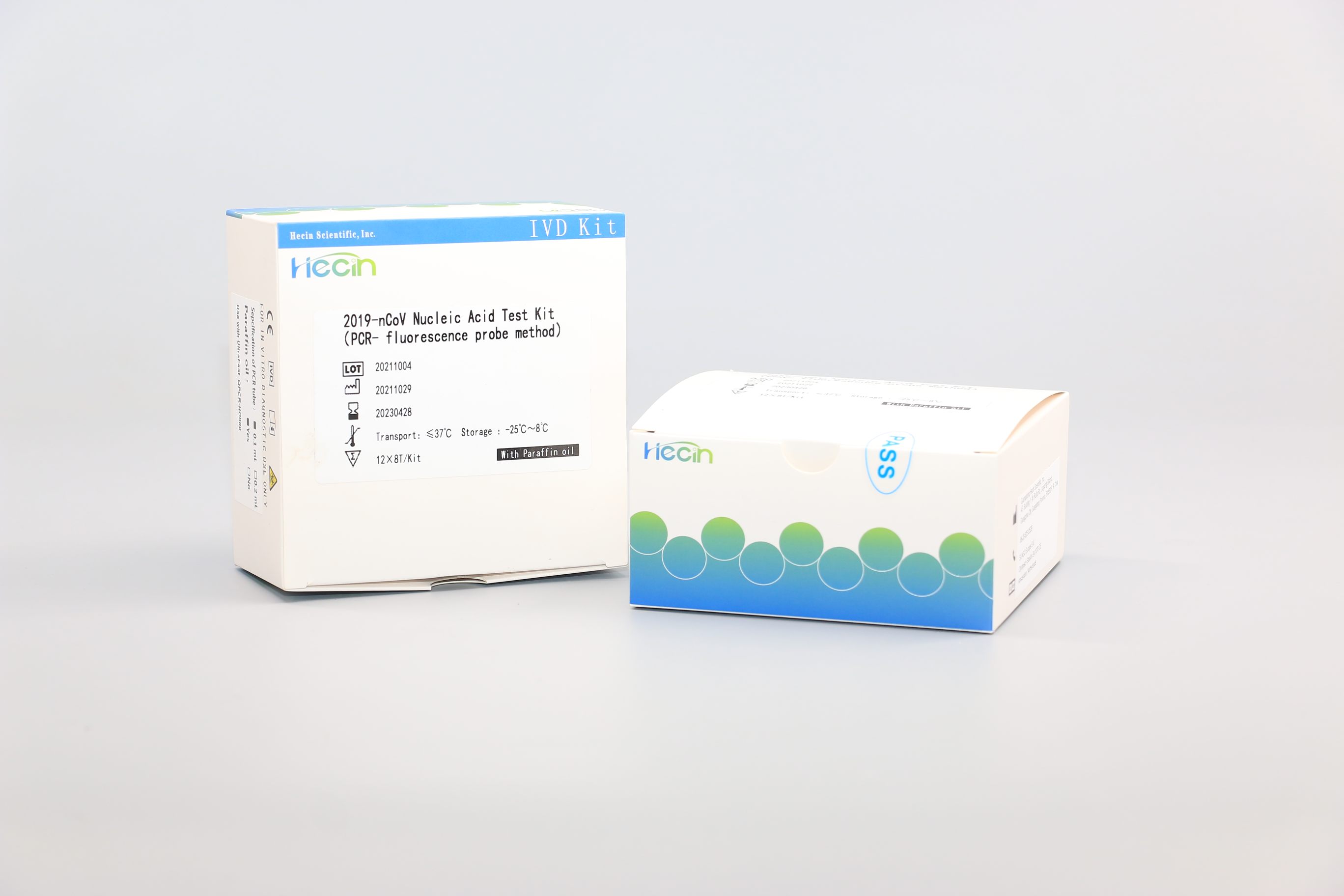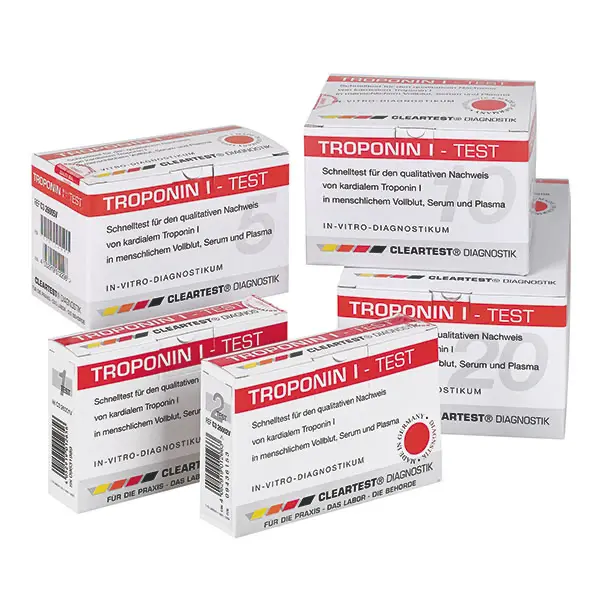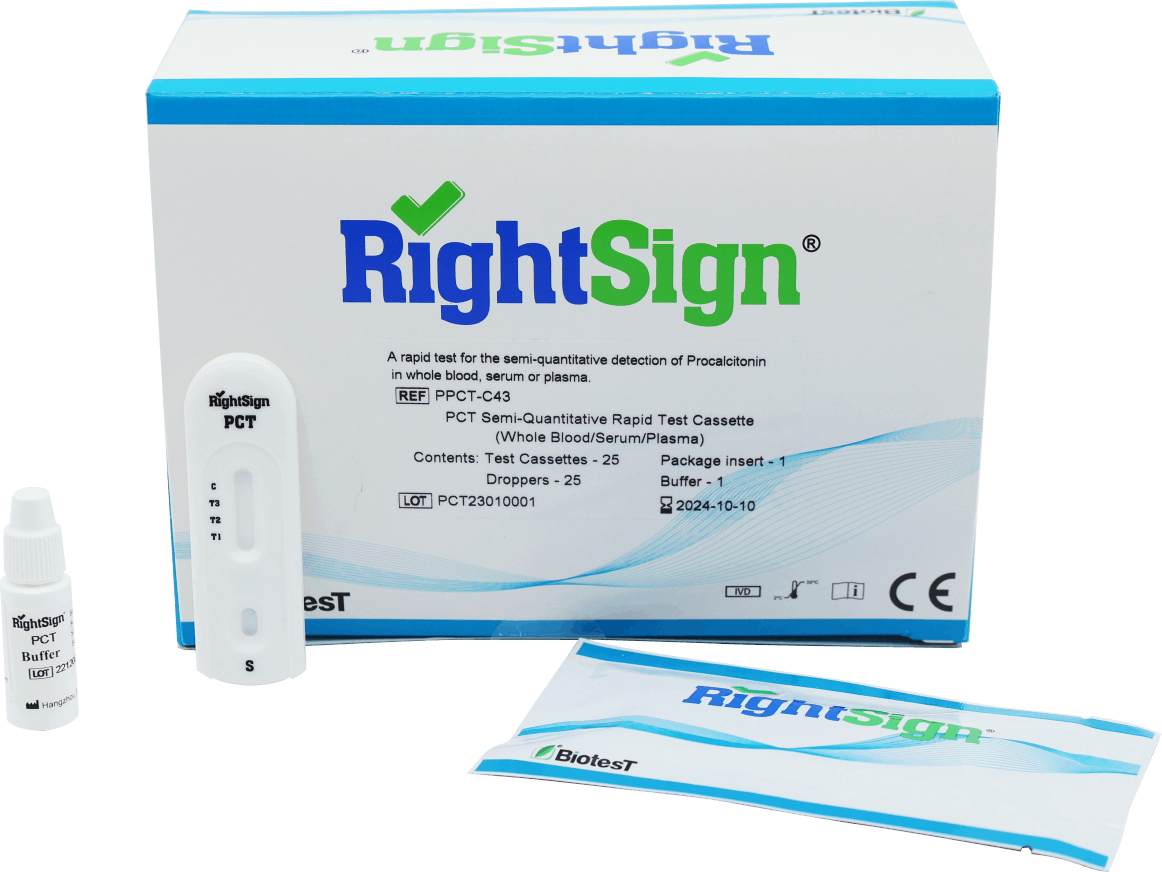Test Categories
In our OdemShop, you will find a wide range of tests in various categories, from infectious diseases to cardiovascular disorders. Our tests provide fast and accurate results.

Test categories
In medicine, test categories are an essential tool to aid in the diagnosis and treatment of disease. Categorizing tests helps define their specific applications and goals. In the field of medical testing, there are several categories such as diagnostic tests, screening tests, monitoring tests, and prognostic tests.
Diagnostic tests are used to diagnose or rule out a disease, while screening tests are used to detect early disease in asymptomatic patients. Monitoring tests are used to monitor disease progression and treatment effectiveness, while prognostic tests help determine the risk for future disease or complications. Careful selection and use of tests in different categories is essential to ensure accurate diagnosis and optimal treatment.
Fertility tests
Fertility tests are tests used to determine if a woman is capable of becoming pregnant. They can also be used to identify factors that may affect the fertility process, such as hormones that regulate egg production. Fertility tests can also be used to diagnose other fertility problems, such as infertility, ectopic pregnancy, and endometriosis. There are different types of fertility tests, such as blood tests, ultrasounds, and spermiograms, that are used to diagnose different fertility problems.
Some medical tests can provide information about the patient's health status and also provide clues about any reproductive problems that may exist. In addition, the market offers various types of fertility-related products - including dietary supplements and genetically engineered products - to help increase the chances of pregnancy. This allows you to be proactive yourself and not wait for problems to occur. With the right knowledge, you're already taking a big step toward family planning!
Tumor Marker Tests
Tumor marker tests are blood tests used to look for certain biomarkers in the blood that are associated with the development of cancer. These tests can help detect cancer in its early stages, when it is most easily treated. They can also be used as follow-up tests to monitor the progression or recurrence of cancer. We will go over the following points:
- 1- What are tumor markers?
- 2- What tests are available?
- 3- How are the results interpreted?
Tumor markers are proteins and other substances produced by tumor cells and released into the bloodstream. These cell products can be examined in the laboratory to detect possible signs of cancer.
There are several types of tumor marker tests, such as the prostate cancer marker (PSA), the ovarian cancer marker (CA 125), and the CA 15-3 breast cancer marker, as well as many other tests for infectious diseases. Some tests require a pap smear or similar testing method; for others, a blood draw is sufficient.
The tumor marker result depends on the test. The treating physician will often discuss with the patient what is normal and if any abnormalities were found. Depending on the results, further testing may be necessary, such as imaging or tissue sampling. Finally, treatment and further investigation should be discussed based on the result.
Inflammatory Marker Testing
Inflammatory marker tests are an important way to monitor outcomes in certain diseases. They measure biological substances in the blood or other body fluids that occur in response to serious infections or inflammatory processes. There are several types of tests to measure these markers, such as C-reactive protein (CRP), interleukin 6 (IL-6), and ferritin. These tests are useful for diagnosing and treating certain diseases, as well as monitoring chronic conditions such as rheumatoid arthritis. They can be used to detect changes in the body early and have them treated, which plays a crucial role in preventing serious consequences of potential health problems.
Thanks to these tests, doctors can make better diagnostic decisions and suggest customized treatment plans to effectively alleviate symptoms. Therefore, inflammatory marker tests are a valuable tool for medical care.
Cardiovascular Testing
Cardiovascular tests are an incredibly important way to monitor the health of your heart and blood vessels. They can help identify potential problems early and treat them before serious complications arise. With this knowledge in mind, it's best to address heart disease risks as early as possible to ensure patient protection.
There are several types of tests that can be used to look at heart disease risk - all essential in prevention. Some examples include: Cholesterol testing; ultrasound of the heart; electrocardiogram; stress testing; angiography, etc. In order to give you a better overview of the various examination methods used to determine the risk of heart disease, we have prepared a table:
| Test Name | Description |
|---|---|
| Cholesterol testing | Determination of the cholesterol level in the blood |
| Ultrasound examination of the heart | Tracking of blood flow and observation of any deviations |
| Electrocardiogram (ECG) | Measurement of electrical activity in the heart |
| Stress test | Evaluates the heart's response to strain or exertion |
| Angiography | Tracks vascular blockages or other blockages using contrast media and imaging system |
Each of these tests provides necessary information about a person's heart health potential and thus helps identify existing disease risks in a timely manner. Regular check-ups can clarify short-circuit diseases as well as prevent life-threatening conditions. For this reason, experts recommend that everyone should have a cardiovascular check up at least every 5 years. This way you can effectively counteract the problem and increase your life expectancy! With such preventive measures, it is possible to continue to keep the consequences of heart problems under control - which brings us to the next topic: tests for infectious diseases.
Tests for infectious diseases
There are many tests that indicate infectious diseases. These tests are very important and can help to detect a possible disease at an early stage. First, it is important to note all the symptoms of infectious diseases. Based on these symptoms, the doctor can decide whether or not testing for certain infections is necessary. Tests usually include blood and urine tests, as well as swab tests on the mucous membranes of the body. If specific infectious diseases are suspected, other diagnostic procedures may be used to make sure the diagnosis is correct. These diagnoses help the doctor determine the right treatment method and weigh the possible side effects.
With the information about the type of infection, the doctor can recommend a more appropriate route for treatment. Because of their effectiveness, such tests have prevented much suffering and helped thousands of people with life-threatening potential. Therefore, regular testing methods should be considered to detect and treat potentially dangerous infectious diseases in time. This can prevent serious consequences and eliminate immediate dangers. The next section discusses general health exams: Whether you undergo routine checkups or are tested in response to specific ailments, they all do something to help you keep an eye on your health.
General health checks
With General Health Exams, we can gain insight into our overall health. It's hard to believe, but surprisingly, there are many tests and testing procedures that can help us detect early diseases or conditions that would have otherwise gone unnoticed. General health testing is essential to properly assess the risk of various diseases and take appropriate action to prevent or treat them based on the results. This not only helps us predict when certain diseases will occur, but also potentially prevent them from occurring.
With advanced technology, we can now determine more accurately than ever before whether someone is at risk for certain chronic diseases or whether their immune system is strong enough to fight off infections effectively. Because of advances in medical research, a wide range of tests and examination methods now offer us greater certainty than ever before. This means we can identify the signs of potential problems with greater accuracy and take targeted countermeasures. So we're starting the next step in hormone testing: scientists have developed better ways to detect and treat hormonal imbalances in the body - bringing an improved understanding of both the body and our biological clock.
Hormone Tests
Hormone tests are an important way to check the status of the body. They help us maintain our well-being and health. There are many different types of hormone tests that can be used in routine checkups as well as for specific symptoms. Most of these tests consist of analyzing blood or urine samples to identify problems with the thyroid or other hormonal imbalances. However, some categories of tests require further investigation to provide accurate results - especially in patients with ongoing severe hormonal stress.
Regular testing can provide an early response to potential problems and help maintain long-term health. It is therefore advisable to have a vitamin D test in certain cases. These include, in particular, people at increased risk of vitamin D deficiency, such as the elderly, people with dark skin, people who spend little time in the sun, and people with impaired kidney function. This leads directly to vitamin D measurements: In what cases is such a test recommended?
Vitamin D measurements
Vitamin D is an important nutrient needed for maintaining the immune system and bone growth. For this reason, vitamin D measurements are very important. A measurement can be taken by blood test or by urine test. The doctor can also determine whether a patient is taking enough vitamin D. With the result of the test measurement, the doctor can decide what kind of treatment is needed. Since vitamin D deficiency has frequent consequences, it is advisable to make regular tests to avoid problems in the future.
Deficiency of vitamin D in the organism affects various functions of the body and poses a risk of heart disease, osteoporosis or type 2 diabetes mellitus. Therefore, it is especially important for older people to have their vitamin D levels tested in order to detect and treat possible deficiency symptoms at an early stage. With professional support, those affected can receive the correct dosage to restore their body to health. With this decision, a new path to recovery and well-being begins: immunological testing!
Immunological tests
Immunological tests are one of the most important categories in medical diagnosis. They help identify the causes of diseases and can be used as a basis for further investigations. An immunology test consists of various methods to assess the state of the immune system. These test methods usually detect antibodies or T cells in the blood serum to detect infections or autoimmune diseases. In addition, an immunology test can also be used to determine if there are any allergic reactions.
With the help of immunology tests, it is possible to diagnose serious diseases at an early stage and thus initiate life-saving measures. Therefore, in many respects, these tests play a very important role in medicine and therefore form an indispensable part of any diagnosis. For this reason, immunology tests should be regularly reviewed and adjusted so that they can always provide the most accurate results. With knowledge of how such tests work, one is better equipped to detect potentially serious disease symptoms in time and treat them accordingly. Now, to look at endocrinology tests, let's move on to our next step.
Endocrinology Tests
Endocrinology tests are an important way to check the function of the endocrine system. They help determine which hormones, if any, are missing or in excess. These tests can also be used to diagnose certain conditions, such as diabetes mellitus or hypothyroidism. The most commonly used endocrinology tests include blood tests, urine samples, and biopsies of the thyroid gland. Each test has its own requirements in terms of preparation and interpretation of results. Therefore, it is advisable to talk to your doctor before having any of these tests done so that he or she can give you all the information you need. If necessary, your doctor may recommend different combination tests to make accurate diagnoses. With the right information from the professional, you should be able to make appropriate decisions for your health.
Frequently asked questions
What is a fertility test and how is it performed?
A fertility test is an examination that evaluates the fertility of men and women. The test can evaluate various factors such as sperm count, sperm motility, hormone levels, fallopian tube function, and egg reserve. The test can be performed by a physician and usually includes a physical exam and blood and urine tests.
What tumor marker tests are available and how informative are they?
There are several types of tumor marker tests used to monitor for cancer. However, results can vary and are often not specific enough to make a definitive diagnosis. However, the tests can help monitor the progress of a disease and detect possible recurrences.
How are inflammatory marker tests performed and what can they tell me?
Inflammatory marker tests are performed through blood tests to measure certain proteins that may indicate inflammation in the body. The results can indicate whether inflammation is present in the body and how severe it is. These tests can also help diagnose certain conditions, such as rheumatoid arthritis or lupus.
What is a cardiovascular test and what results does it give?
A cardiovascular test is a test that evaluates heart function and the risk of heart disease. The test can measure several parameters, such as blood pressure, cholesterol and blood sugar levels, and blood flow to the heart. The results can help evaluate the risk of cardiovascular disease and take appropriate action.
What infectious diseases can be detected by testing?
There are many infectious diseases that can be detected by testing, including HIV, hepatitis B and C, chlamydia, syphilis, gonorrhea, and Lyme disease. Tests may vary depending on the disease, but can usually be done through blood, urine, or swab samples.
How meaningful are hormone tests and what hormones can they measure?
Hormone tests can be performed to measure various hormones in the body, such as estrogen, progesterone, testosterone, and thyroid hormones. The results can help diagnose and treat possible hormone imbalances. However, the significance of the tests depends on many factors, such as the type of test and the time of day it is performed.
What is meant by an immunological test?
An immunological test is a test that evaluates the body's immune system by measuring antibodies, immune cells, or inflammatory proteins in the blood. These tests can be used for a variety of conditions, such as autoimmune diseases, infections, or cancer, to monitor disease progression or make a diagnosis.
What are the endocrinology tests and how are they performed?
Endocrinology tests are used to evaluate the function of the hormone system in the body. There are several tests that vary depending on the hormone being measured and the gender of the patient. Some examples are the ACTH test to evaluate adrenal function and the insulin test to evaluate insulin resistance.
How can tests help diagnose infertility?
Tests such as spermiograms, hormone tests, and imaging tests can help diagnose the cause of infertility in both men and women. This can help determine an appropriate treatment option, such as in vitro fertilization (IVF) or intrauterine insemination (IUI).
Can tumor marker tests be used to diagnose cancer?
Tumor marker tests can help monitor cancer and detect recurrences, but are not able to diagnose cancer on their own. The tests can give false positive or false negative results and should always be used in conjunction with other diagnostic methods such as biopsies and imaging.
How can testing for infectious diseases help prevent the spread of disease?
Testing for infectious diseases can help slow the spread of disease by quickly identifying and isolating infected individuals. This can help reduce infection rates and improve public health.
What is the difference between a whole blood test and a serum test?
A whole blood test involves the analysis of blood cells and serum, while a serum test examines only the liquid serum in the blood. Therefore, a whole blood test can provide more information about the patient's health, while a serum test can provide more specific results.
How can cardiovascular testing help reduce the risk of heart disease?
Cardiovascular testing can help lower the risk of heart disease by identifying risk factors such as high cholesterol and high blood pressure. By monitoring these parameters, lifestyle changes such as weight loss and regular physical activity can be recommended.
Which hormones play a role in women's fertility?
Estrogen, progesterone, follicle-stimulating hormone (FSH) and luteinizing hormone (LH) play an important role in women's fertility. An imbalance in any of these hormones can lead to problems such as irregular periods or infertility.
What immunological tests can help diagnose autoimmune diseases?
Antibody tests such as ANA, anti-CCP, and RF can help diagnose autoimmune diseases such as rheumatoid arthritis and lupus. The tests measure the presence of antibodies to proteins produced by the body in autoimmune diseases. In addition, tests for inflammatory markers such as CRP and sedimentation rate can also be performed to assess the severity of inflammation.




